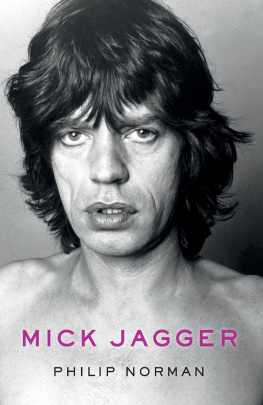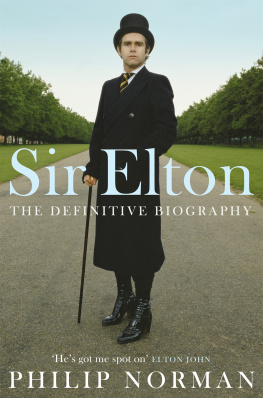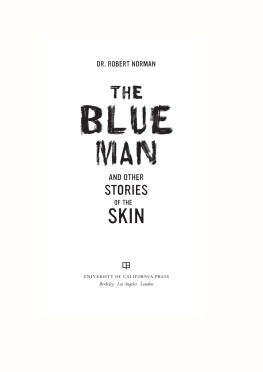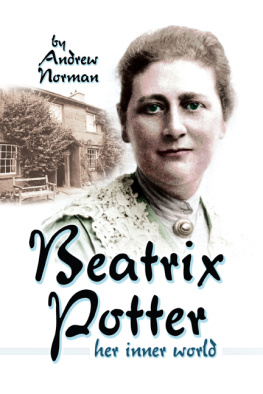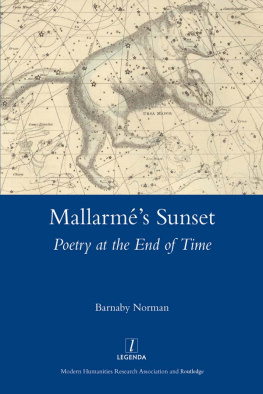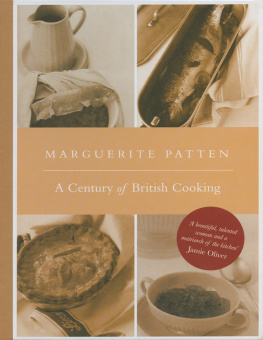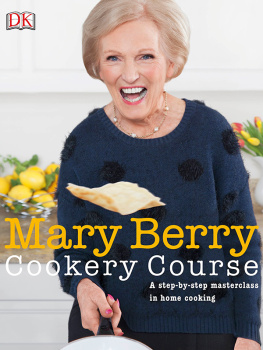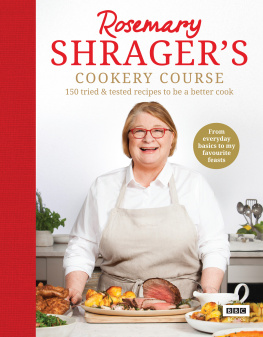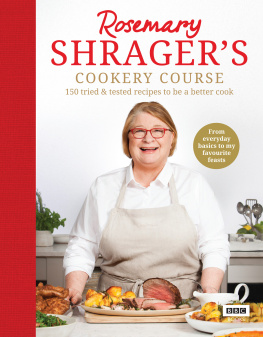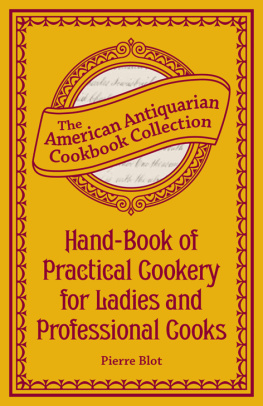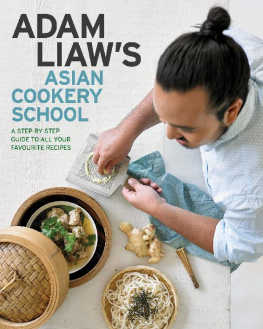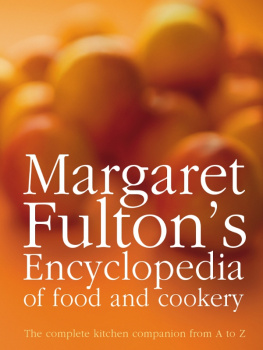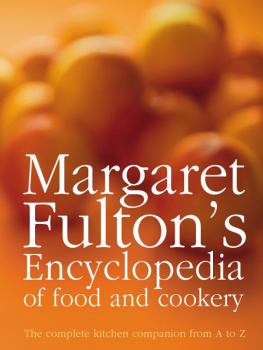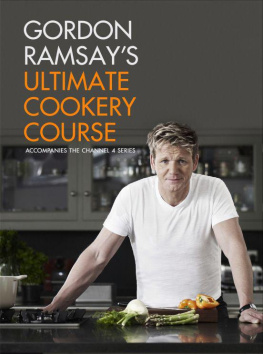The New Penguin Cookery Book
Jill Norman has been associated with Penguin Books since the mid-sixties when she formed the Penguin cookery list, attracting the best of established British and American authors to the paperback market and commissioning new authors and titles alongside them. Already the most respected food and wine editor, in the late seventies she became an independent publisher of books on domestic subjects and won a Glenfiddich special award for her whole list. She also produced an award-winning series of innovative cookery books for Sainsburys in 1986.
Her Complete Book of Spices won the Andr Simon award and the Glenfiddich trophy in 1991 and was translated throughout Europe and into Chinese and Japanese. The sixteen-volume Little Library of Culinary Classics appeared in eighteen languages, her Classic Herb Cookbook (1997) is devoted to the use of herbs in many different cuisines, and her most recent book, Herb & Spice (2002) is a reference book for cooks.
Long-time editor of Elizabeth Davids books and now the Literary Trustee of the David Estate, Jill Norman completed the unfinished social history of ice, Harvest of the Cold Months (1994), compiled two anthologies of Mrs Davids work: South Wind Through the Kitchen (1997) and Is There a Nutmeg in the House? (2000) and edited the recent collection Elizabeth Davids Christmas.
Also by Jill Norman
The Penguin Phrase Books (12 titles)
The National Trust Little Library of
Culinary Classics (16 titles)
The Complete Book of Spices
The Classic Herb Cookbook
Compilations of the Works of Elizabeth David
South Wind Through the Kitchen
Is There a Nutmeg in the House?
Elizabeth Davids Christmas
The New Penguin Cookery Book
JILL NORMAN

PENGUIN BOOKS
PENGUIN BOOKS
Published by the Penguin Group
Penguin Books Ltd, 80 Strand, London WC2R 0RL , England
Penguin Group (USA) Inc., 375 Hudson Street, New York, New York 10014, USA
Penguin Books Australia Ltd, 250 Camberwell Road, Camberwell, Victoria 3124, Australia
Penguin Books Canada Ltd, 10 Alcorn Avenue, Toronto, Ontario, Canada M4v 3B2
Penguin Books India (P) Ltd, 11 Community Centre, Panchsheel Park, New Delhi 110 017, India
Penguin Group (NZ), Cnr Airborne and Rosedale Roads, Albany, Auckland 1310, New Zealand
Penguin Books (South Africa) (Pty) Ltd, 24 Sturdee Avenue, Rosebank 2196, South Africa
Penguin Books Ltd, Registered Offices: 80 Strand, London WC2R 0RL , England
www.penguin.com
First published by Michael Joseph 2001
Published in Penguin Books 2004
Copyright Jill Norman, 2001
The moral right of the author has been asserted
Illustrations copyright Suzanne Olding, 2001
All rights reserved.
Without limiting the rights under copyright reserved above, no part of this publication may be reproduced, stored in or introduced into a retrieval system, or transmitted, in any form or by any means (electronic, mechanical, photocopying, recording or otherwise), without the prior written permission of both the copyright owner and the above publisher of this book
A CIP catalogue record for this book is available from the British Library
ISBN: 978-0-14-195946-7
For Paul, with love,
and in memory of Elizabeth David and Richard Olney
Words in the text which are followed by an * indicate an entry in the Glossary.
Contents
Introduction
The original Penguin Cookery Book was published half a century ago and has remained in print, with only one major revision in the 1970s, until now. The book was strong on techniques and explanations, which is why it lasted. Like all good cookery books, it also reflected the eating patterns of its time a past when people wanted to know what vegetables went best with different roast meats, when macaroni cheese and spaghetti with meat sauce were the only common pasta dishes, when greengrocers sold marrows but not courgettes, and when fish-and-chips were practically our only take-away food.
Food has never been a significant part of our culture, as it is in France or Italy and in many oriental countries. This means that we readily borrow or interpret dishes that we have come to know, either from our ever more distant holiday travels, or because in the last fifty years our society has become multicultural even if the strands are more often parallel than interwoven. We can eat the food of many different countries in local restaurants and from take-aways and we have come to cook in different ways. Meat and two veg may still survive as Sunday lunch, but British food is now just as likely to be a pasta dish, a Chinese stir-fry, Thai curry or Middle Eastern kebabs.
We are becoming more aware of the importance of a healthy balanced diet and of using good-quality ingredients. Large helpings of meat and rich cream-based sauces and desserts are being replaced by lighter dishes using fish, vegetables and fruit. Rice, pasta and couscous have become familiar staples alongside potatoes and bread. Vegetarians are no longer seen as odd but are catered for as a matter of course in most restaurants and on the food-to-go shelves of supermarkets. A huge amount of money may be spent on ready-meals and on sauces to add to a home-cooked dish, but shops and supermarkets sell increasingly wide ranges of herbs and spices and of fresh and often organically grown or reared foods.
Yet, in spite of the abundance of good ingredients, the number of cookery articles written every week and cookery books published every month, the plethora of cooking programmes on television, we do not always eat well. There is a knowledge gap. Cooking and nutrition are still largely absent from the school curriculum, and few young people learn to cook at home. If agricultural disasters are to be prevented, the ways in which animals and crops are reared and grown must be understood more widely and, where necessary, improved. If we are to avoid becoming an obese nation prone to heart disease, we must develop an awareness and appreciation of food, its place in our lives and the ways in which we can make it not just sustain but enhance life. The cult of the chef and the television personality may have somewhat glamorized food but cooking as a spectator sport is no substitute for the real thing.
I learned to cook from books, and essentially from developing the Penguin cookery list and publishing Elizabeth David, Jane Grigson, Claudia Roden and many others. The writer-cooks who have influenced me most are Elizabeth David and Richard Olney. Both were gifted cooks with enquiring minds, intent on understanding fully a method or a dish and always aware that simplicity is often best. They were a delight to work with; to eat their food, to cook with them and eventually to cook for them was always a rewarding experience.
The means I developed for judging the merits of a submitted typescript was to try the recipes that looked most interesting and those that looked most unlikely. My family ate their way, mostly uncomplaining, through weeks of Indian, Chinese, Mexican, Hungarian, Spanish, Middle Eastern and Caribbean food, depending on the book I was working on. In this way I learned in some depth the techniques, ingredients and preparations of very different cuisines. I came to understand that techniques are the key to all cooking, that if you have mastered those you can turn out a dish without necessarily having to follow a recipe to the letter. I also acquired a great curiosity about the foods of the world and started travelling to discover more.
Eating well starts with shopping well, buying the best available ingredients good unsalted butter, a wild salmon, seasonal fruit and vegetables, whole spices rather than ground ones and treating them carefully and with respect. Good fresh ingredients can be expensive, but a small amount of something costly can usually be balanced by other, cheaper ingredients. Cooking need not be time-consuming either: many dishes can be prepared and put on the table in half an hour or less, others require the same amount of time in preparation and can then look after themselves as they simmer or stew.
Next page

